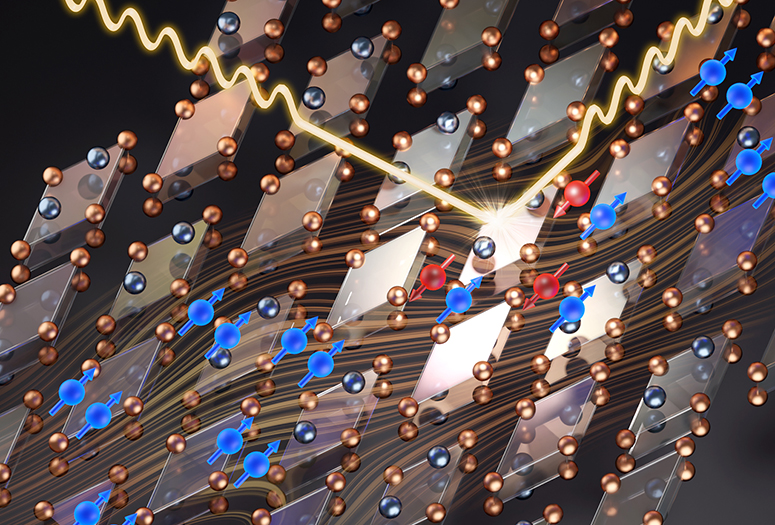
Puzzling result forces physicists to rethink ‘spin-triplet’ superconductivity...
Read More

Puzzling result forces physicists to rethink ‘spin-triplet’ superconductivity...
Read More
Fumbling to find flashlights during blackouts may soon be a distant memory, as quantum computing and artificial intelligence could learn to decipher an electric grid’s problematic quirks and solve system hiccups so fast, humans may not notice.
Rather than energy grid faults turning into giant problems—such as voltage variations or widespread blackouts—blazing fast computation blended with artificial intelligence could rapidly diagnose trouble and find solutions in tiny splits of seconds, according to Cornell research forthcoming in Applied Energy (Dec. 1, 2021).
“Energy power system failures are an old problem and we are still using classic computational methods to resolve them,” said Fengqi You, the Roxanne E. and Michael J...
Read More
Researchers at the University of Bath in the UK have found a way to make ‘single-crystal flake’ devices that are so thin and free of defects, they have the potential to outperform components used today in quantum computer circuits. The study is published this month in the journal Nano Letters.
The team from the university’s Department of Physics made its discovery while exploring the junction between two layers of the superconductor niobium diselenide ( NbSe₂) after these layers had been cleaved apart, twisted about 30 degrees with respect to one another, then stamped back together...
Read More
An unexpected finding could advance quantum computers and high-temperature superconductors. Scientists have taken the clearest picture yet of electronic particles that make up a mysterious magnetic state called quantum spin liquid (QSL).
The achievement could facilitate the development of superfast quantum computers and energy-efficient superconductors.
The scientists are the first to capture an image of how electrons in a QSL decompose into spin-like particles called spinons and charge-like particles called chargons.
“Other studies have seen various footprints of this phenomenon, but we have an actual picture of the state in which the spinon lives...
Read More
Recent Comments